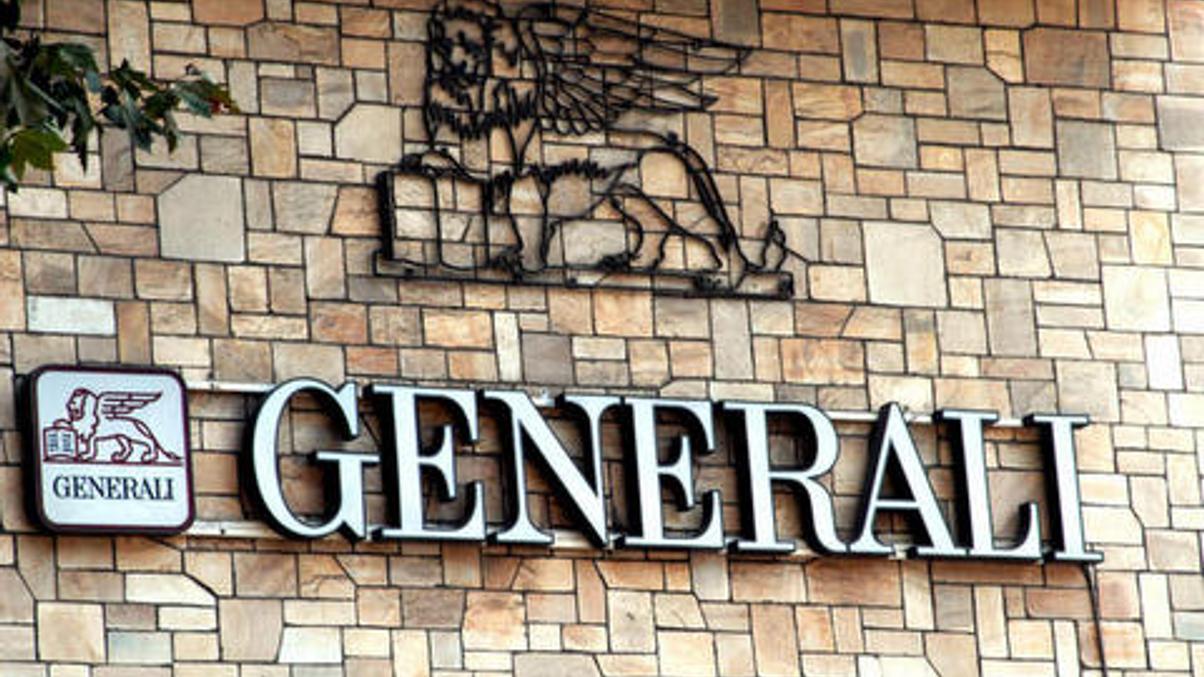Generali exercising caution on China equities
The MSCI inclusion of A shares is, at a minimum, prompting asset owners to rethink their investments in Chinese equities. Italian insurer Generali is taking a prudent approach.

When foreign institutional investors are asked whether they will boost their allocations to mainland Chinese shares now they are part of the MSCI universe, some, like Italian insurance group Generali, remain guarded. The reason? The extra volatility historically baked into the A-share market.
Sign in to read on!
Registered users get 2 free articles in 30 days.
Subscribers have full unlimited access to AsianInvestor
Not signed up? New users get 2 free articles per month, plus a 7-day unlimited free trial.
¬ Haymarket Media Limited. All rights reserved.


